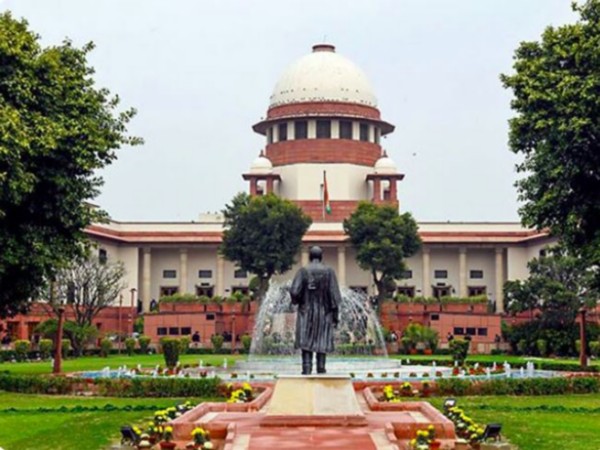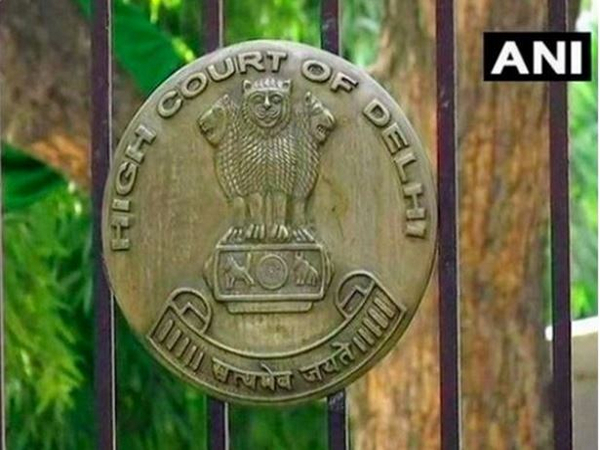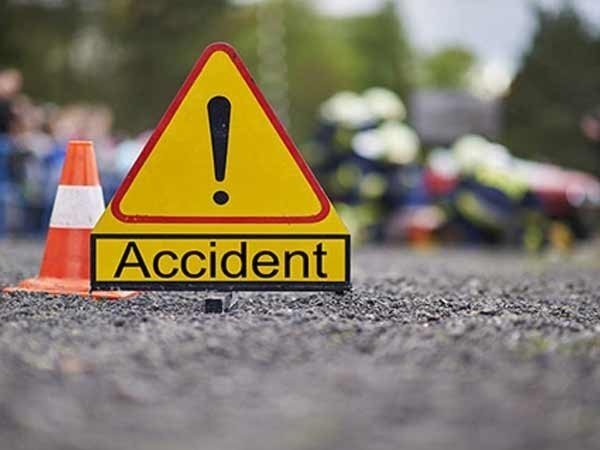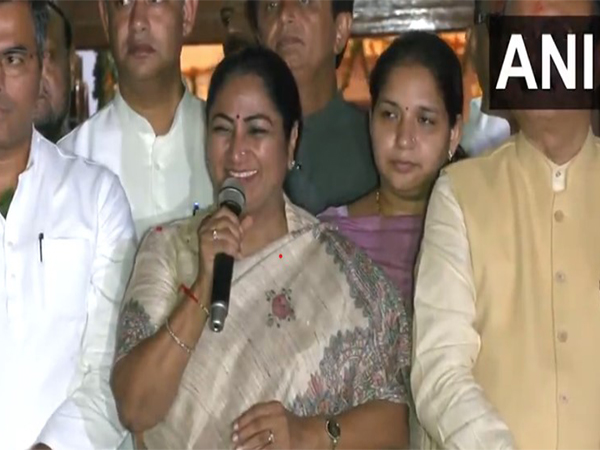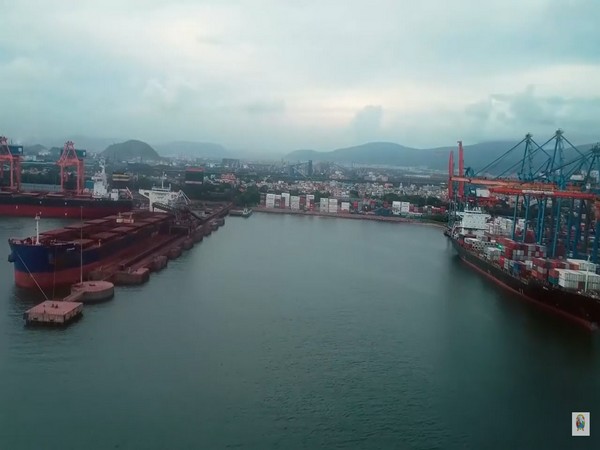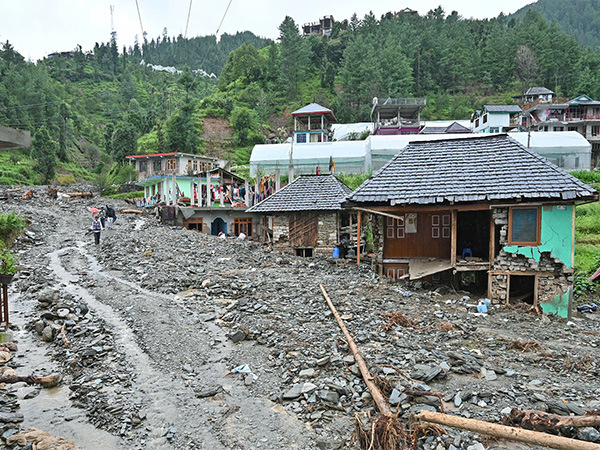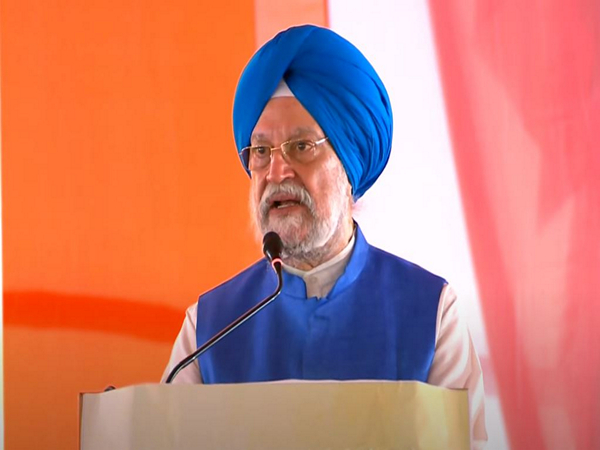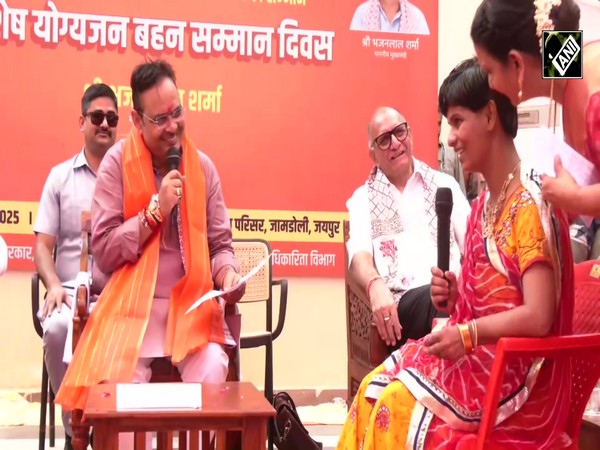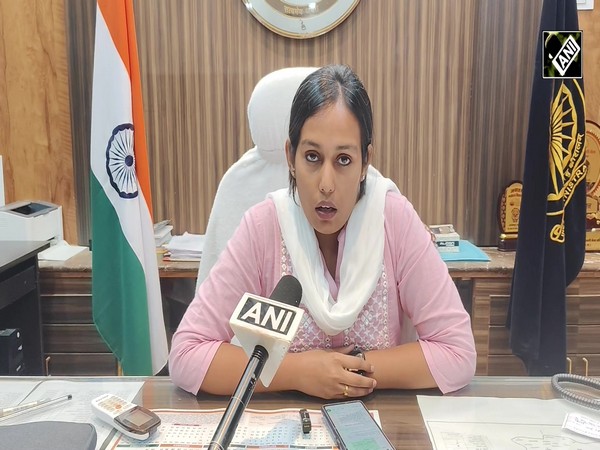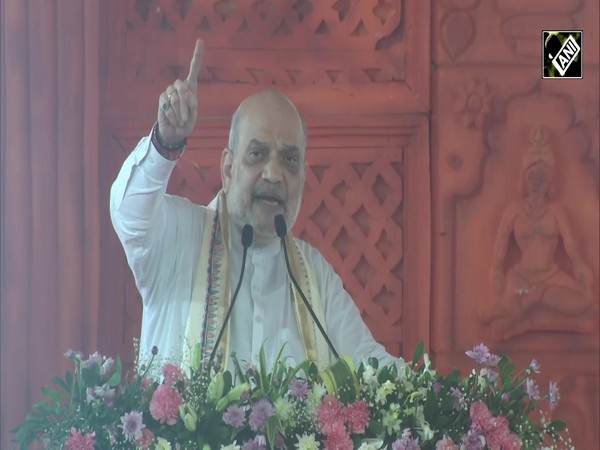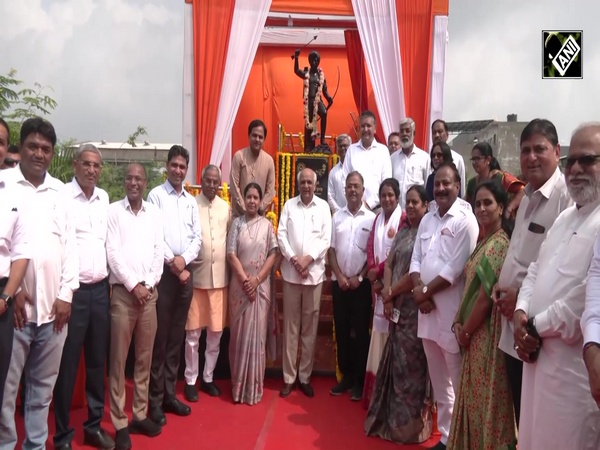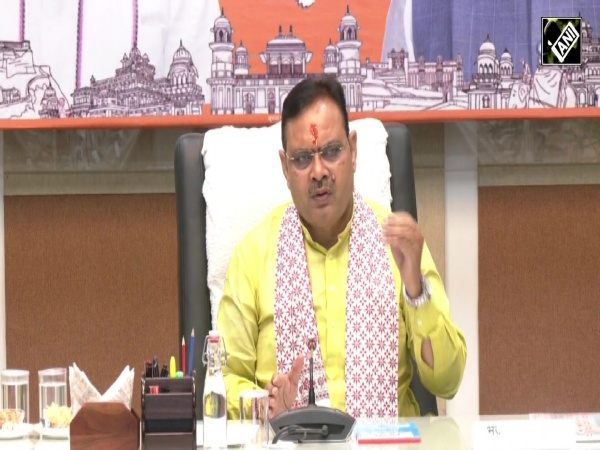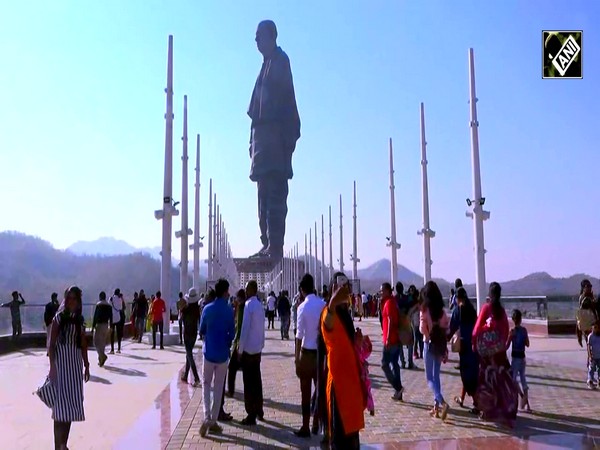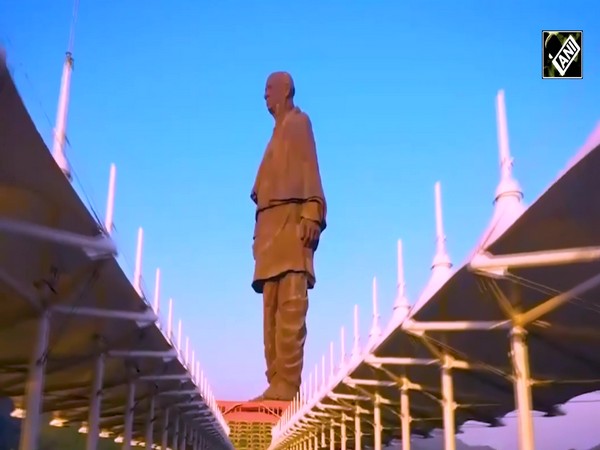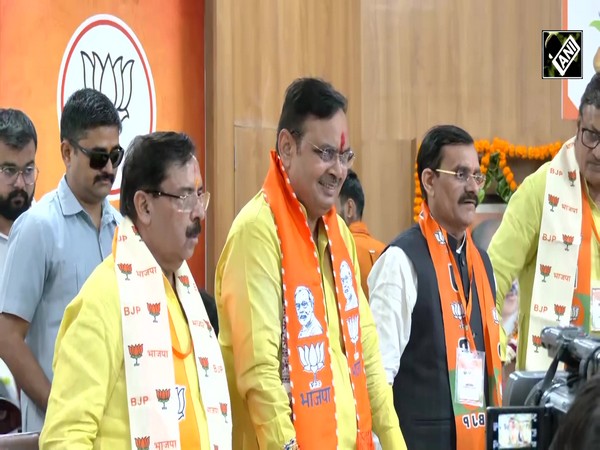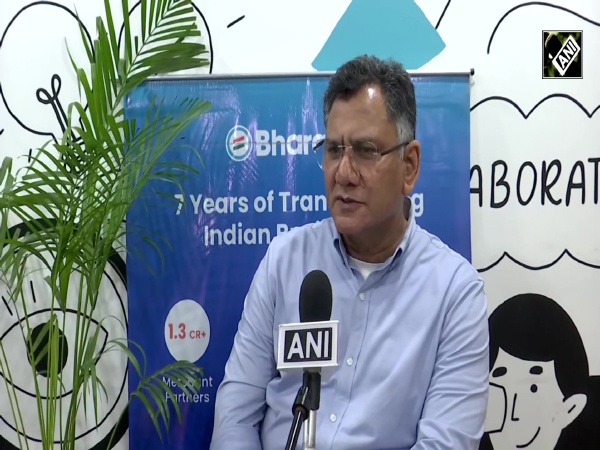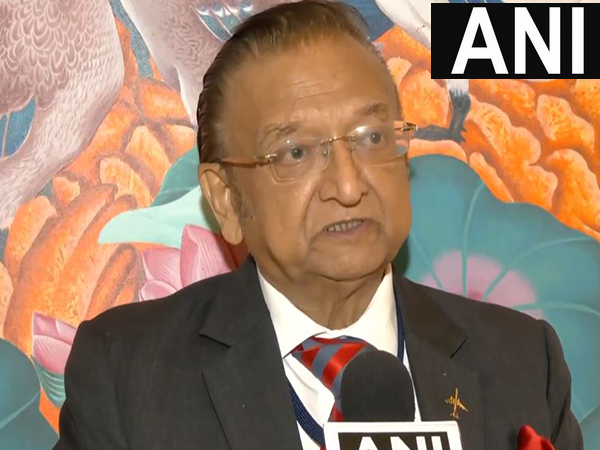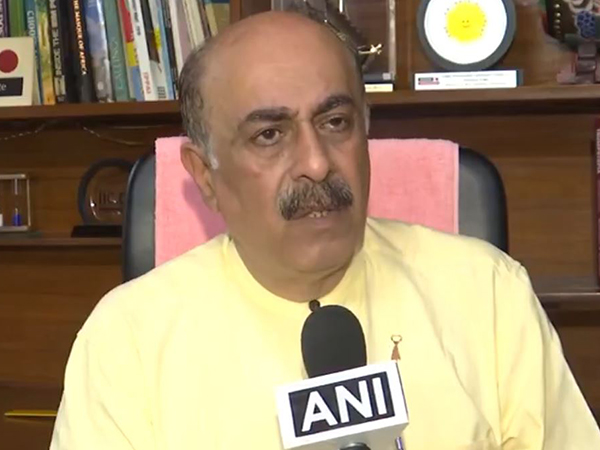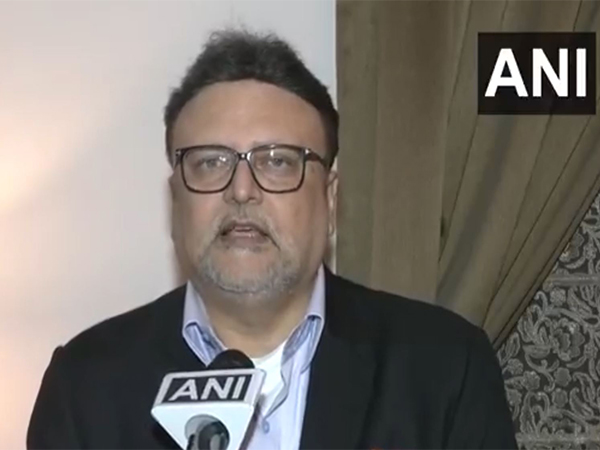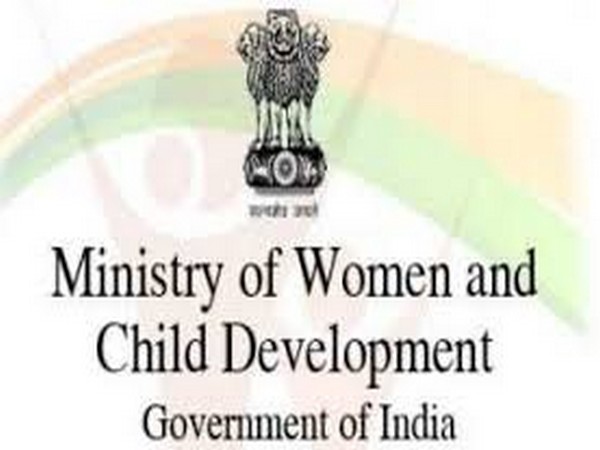
Over 4.05 cr beneficiaries provided maternity benefits under Pradhan Mantri Matru Vandana Yojana till July 2025
Aug 08, 2025
New Delhi [India], August 8 : Under Pradhan Mantri Matru Vandana Yojana (PMMVY), maternity benefits have been provided to more than 4.05 crore beneficiaries since the inception of the scheme on January 1 2017, to July 31 2025, the Ministry of Women and Child Development said in a release on Friday.
Also, as of July 2025, more than 72.22 lakh pregnant women are registered as beneficiaries under Mission Poshan 2.0 as per the data available on Poshan Tracker.
Under the National Health Mission (NHM), the Government of India has undertaken the following steps to provide maternal health services, including the reduction of prevalence of anaemia and low birth weight babies among the mothers, including tribal mothers, for all States/UTs across the country:
Under the 15th Finance Commission, various components like Anganwadi services, Poshan Abhiyaan and Scheme for Adolescent girls (14-18 years in Aspirational Districts and North-Eastern region) have been subsumed under the umbrella Mission Saksham Anganwadi and Poshan 2.0 (Mission Poshan 2.0) to address the challenge of malnutrition.
Under Mission Poshan 2.0, Supplementary Nutrition is one of the six services provided through the platform of Anganwadi Centres and is provided to Children (6 months to 6 years), Pregnant Women, Lactating Mothers and Adolescent Girls (14 to 18 years in Aspirational Districts of States and North Eastern Region) for 300 days in a year to beat the intergenerational cycle of malnutrition by adopting a life cycle approach.
Supplementary nutrition containing 600 calories, 18-20 gms. of protein and micronutrients is provided in the form of Take-Home Ration (THR) for maximum of 300 days in a year to pregnant women and Adolescent girls.
IT systems have been leveraged to strengthen and bring about transparency in nutrition delivery support systems at the Anganwadi Centres. The 'Poshan Tracker' (PT) application was rolled out on 1st March 2021 as an important governance tool.
The Poshan Tracker facilitates monitoring and tracking of all AWCs, AWWs and beneficiaries on defined indicators. Technology under Poshan Tracker is being leveraged for dynamic identification of stunting, wasting, under-weight prevalence among children. It has facilitated near real time data collection for Anganwadi Services such as, daily attendance, ECCE, Provision of Hot Cooked Meal (HCM)/Take Home Ration (THR-not raw ration), Growth Measurement etc.
The data entered by Anganwadi Workers in the Poshan Tracker is reflected at dashboard at all administrative levels, for better monitoring and increased effectiveness of the program. It is available in 24 languages.
SMS is being sent to beneficiaries upon registration and on delivery of THR for increased transparency. For last mile tracking of Service Delivery, MWCD has developed Facial Recognition System (FRS) for the distribution of Take-Home Ration to ensure that benefit is given to the intended beneficiary registered in Poshan Tracker.
Further, existing beneficiaries can also view the facilities availed by them in the Beneficiary module. The PT App also offers counselling videos on key behaviour and services which help disseminate messages on birth preparedness, delivery, post-natal care, breastfeeding, and complementary feeding.
For last-mile tracking of delivery of nutrition, Ministry of Women & Child Development has developed Facial Recognition System (FRS) for the distribution of Take Home Ration to ensure that benefit is given only to the intended beneficiary registered in Poshan Tracker.
FRS has been implemented for strengthening accountability of field functionaries and empowering eligible beneficiaries to receive their rightful entitlements. The FRS has been made mandatory for the distribution of THR from 1 July, 2025.
Further, to facilitate grievance redressal to citizens/beneficiaries under mission Saksham Anganwadi & Poshan 2.0, PM CARES & PMMVY, the Ministry has established a multi-lingual toll-free Helpline No. 14408. The pending status of grievances is also visible to District & State level Officers in their respective login of Poshan Tracker.
Grievances received on the Poshan helpline are resolved by Call Center Executive or transferred to the AWW/ Supervisor/ CDPO concerned for redressal. These grievances can be seen and resolved by AWWs in Poshan Tracker application and in dashboard by Supervisors and CDPOs.
The Ministry is also conducting capacity building under Poshan Bhi Padhai Bhi initiative, involving a cascading model of training, wherein Master Trainers (namely, District Officers, Block Coordinators and Supervisors) are trained through Savitribai Phule National Institute of Women and Child Development (SPNIWCD), and the master trainers would directly train all Anganwadi Workers in the field.
Further, NeGD is regularly conducting field-level trainings/workshops directly for Anganwadi Workers regarding the use of the Poshan Tracker Application. Multiple rounds of training have been held both virtually and physically, in various districts across the country.
As of 31.07.2025, 41,402 SLMTs (CDPOs, Supervisors and Additional Resource Persons) and 5,81,326 AWWs have been trained across the country under the Poshan Bhi Padhai Bhi programme.
The PM JANMAN Mission launched by the Ministry of Tribal Affairs aims for the targeted development of 75 Particularly Vulnerable Tribal Groups (PVTGs) residing in 18 States and a UT.
This Mission focuses on 11 critical interventions related to 9 key Ministries, including the Ministry of Women and Child Development. As of date, a total of 2500 AWCs have been approved for construction under PM JANMAN across the country.
Ministry of Tribal Affairs has launched Dharti Aaba Janjati Gram Unnat Abhiyan (DAJGUA) aimed at improving the socio-economic condition of tribal communities by adopting saturation coverage of tribal families in tribal majority areas and aspirational block ST villages.
The intervention of the Ministry of Women and Child Development involves the establishment of 2000 new Saksham AWCs and the upgradation of 6000 existing AWCs into Saksham AWCs from FY 2024-25 to FY 2028-29.
This information was given by the Minister of State for Women and Child Development, Savitri Thakur, in Lok Sabha in reply to a question on Friday.
